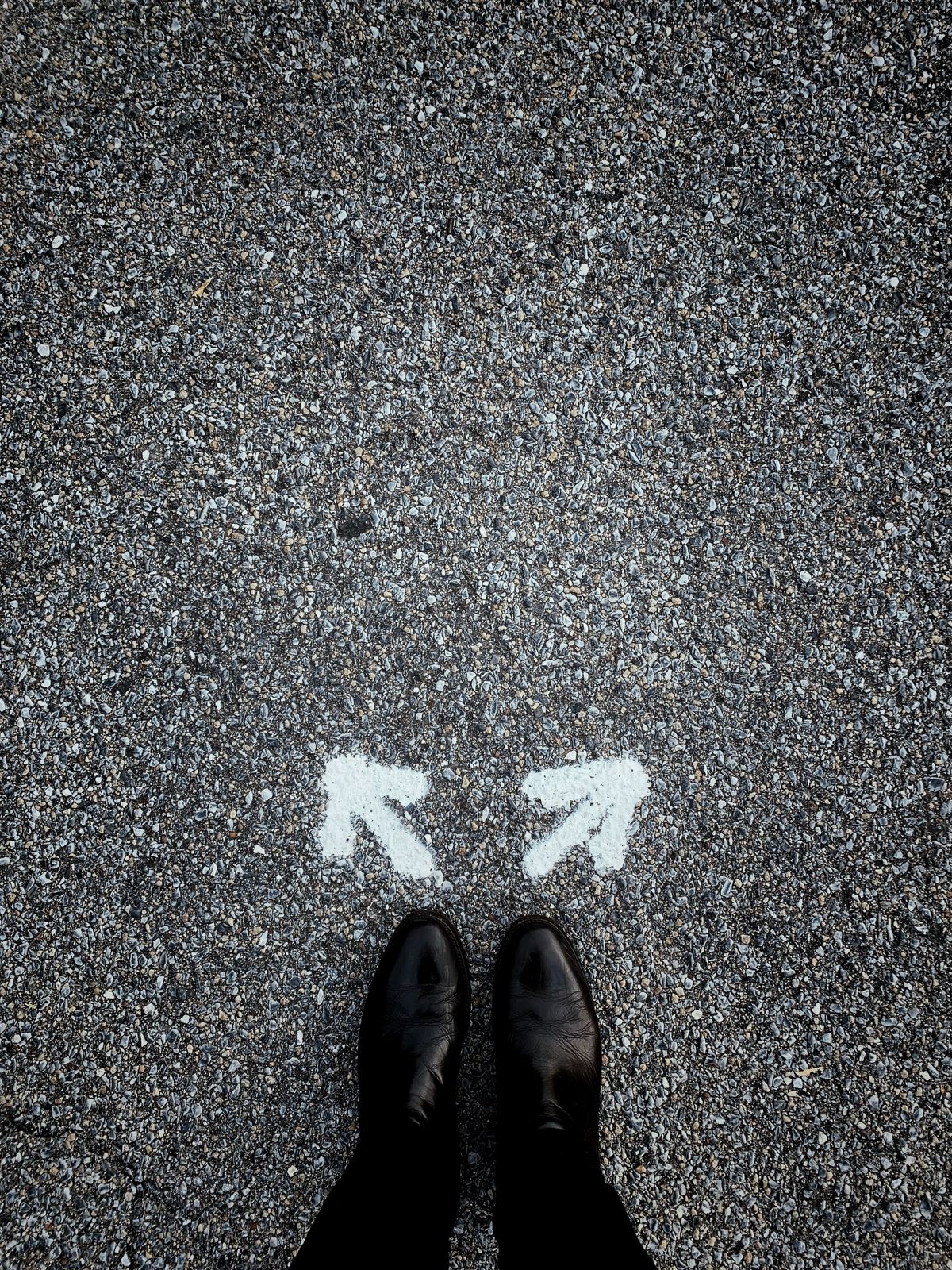I really like the Joe Rogan Experience and the diversity of guests and topics that are discussed. You may judging me by now: if you can take out the noise around the show and watch it logically it's a great show, at least for me it is. I chanced upon an episode with Naval Ravikant (jre#1309) and followed it up by reading the Book 'The Almanack of Naval Ravikant' by Eric Jorgensen.
Naval is a great personality to listen to. Someone simple, logical and extremely interesting. I would strongly recommend watching that show and reading the book. Out of the many concepts that they discussed one very simple concept is around happiness. His idea of being self aware of the number of needs we burden ourselves with on a daily basis to feel happy seems very simple but one quick self audit shows us the reality. Naval channelizes a philosophy from Buddhism but gives it gives an interesting take.
Another really cool perspective was of Laurie Santos in the Knowledge Project podcast with Shane Parrish. Here they discuss (among many other things) about the arrival fallacy's impact on happiness. Basically conditioning ourselves to be happy when something or If something happens. I will be happy when I get that promotion, I will be happy if I win this bid etc. The problem with this is that the arrival conditions are continuous and when one condition is met a new one pops up. If you don't take a moment to enjoy that promotion, you will soon start complaining about the new job, start looking at the next promotion and being unhappy saying, if I get my bosses job I will be happy.
One of my happiest moments recently was dodging water-balloons thrown at me by my kids on fathers day. There was no months of planning, no or little money involved but the key aspect was all of us were totally present in the game. Later that day i reflected on most of the happiest moments i've had in my life and almost all of them costed less than $5 and all of them were moments were i was totally paying attention.
Happiness is not merely the sum aggregate of happy moments, but much more than that. It takes meaning and difficulty into account. Climbing Mt. Everest is not pleasant but it may bring long term happiness. Happiness is where you find it, not where you look for it. Happiness is being mindful and living in the present. More than anything happiness is a choice, it's a decision one makes. Of all choices one can make we could make a decision to be Happy.

